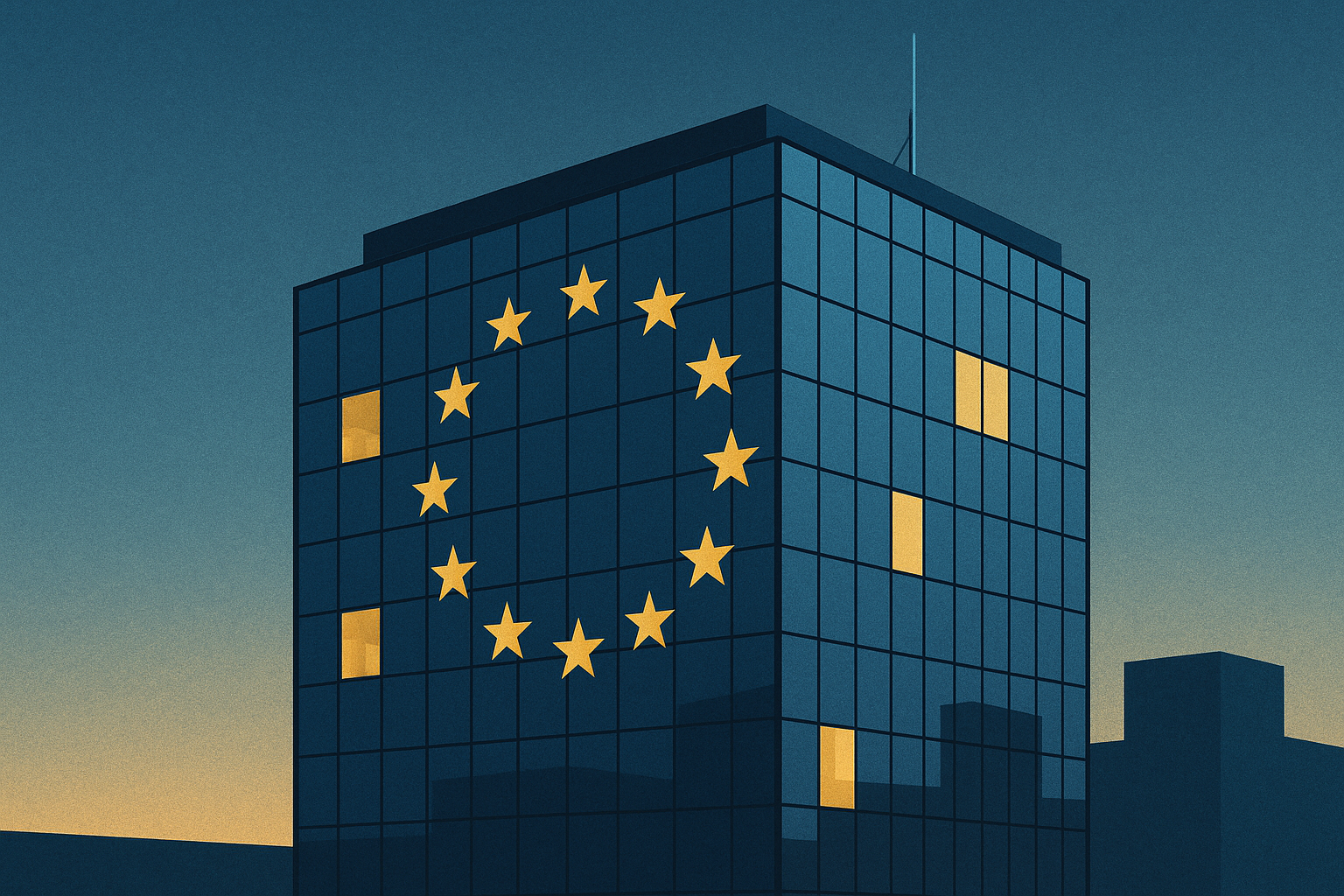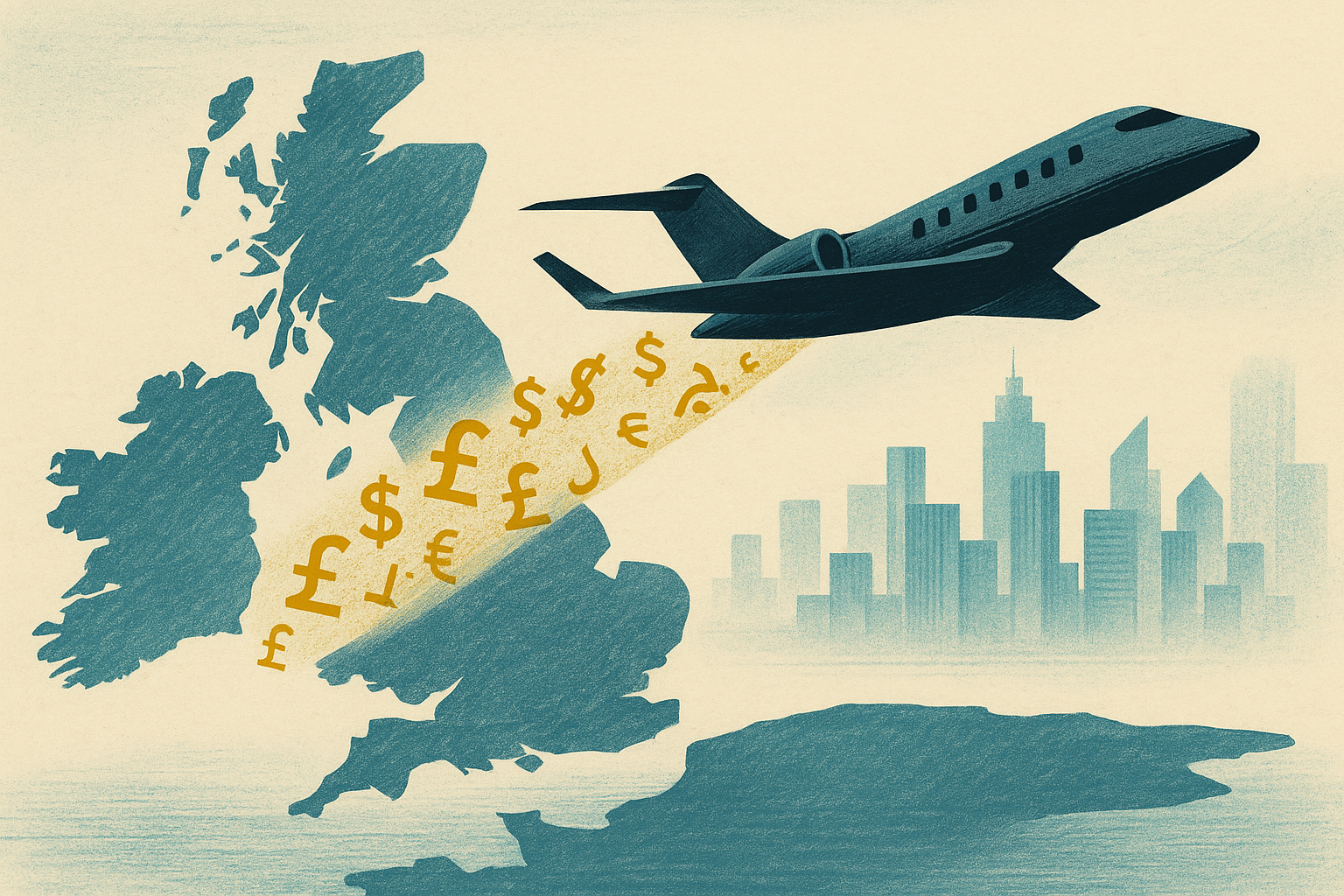-

India and the EU finalise landmark trade agreement. The deal concludes nearly 20 years of negotiations, aiming to enhance economic ties. It will reduce tariffs, expand market access, and bolster supply-chain integration between the two regions.
-
China’s October exports fell 1.1% as U.S. tariffs dampened demand. Japan faces its first contraction in six quarters, and Washington has moved to block Nvidia’s AI chip sales to China — three fronts of tightening pressure across Asia’s trade and technology corridors.
-

Nearly five months after its unveiling, the US–UAE AI chip pact remains stalled. Nvidia’s CEO and some officials see the delays as emblematic of deeper tensions around export controls, foreign investment, and the geopolitics of advanced technology.
-

U.S. President Trump has signed an executive order cutting tariffs. The measure reduces duties on Japanese cars and auto parts to 15%, down from 27.5%, and is tied to a $550 billion Japanese investment pledge. The order implements a July trade agreement and carries retroactive effect.
-

Tariffs have become geopolitical weapons of trade warfare in 2025. The US is targeting BRICS countries with sweeping levies, forcing businesses to rethink supply chains, risk planning, and resilience in a fragmented trade order.
-

China’s exports rose sharply in July, surprising many market watchers. Businesses accelerated shipments ahead of a new US tariff deadline, driving a sharp rise in exports and a 4.1% increase in imports. Southeast Asia absorbed more Chinese goods as trade shifted amid ongoing tensions between Washington and Beijing.
-

A major UK–India trade pact will be signed in London next week. The free-trade agreement slashes tariffs on whisky and cars, boosts UK GDP by £4.8 billion, and grants duty-free access for 99% of Indian exports.
-

EU ministers have approved Bulgaria’s accession to the eurozone. The country will become the 21st member on 1 January 2026. Bulgaria’s conversion rate is fixed, and dual pricing will start in August as the government aims to ease consumer transition and address inflation concerns.
-

The UK set to lose more millionaires than any country. A report indicates 16,500 millionaires will exit Britain by 2025. This trend highlights concerns over the UK’s economic competitiveness and tax environment, potentially impacting the nation’s wealth retention and economic health.
-

Europe’s AI future hinges on grid speed. A new report warns that poor electricity grid planning could result in 13-year connection delays for data centres, pushing billions in investment away from the continent’s traditional tech hubs and towards more agile markets in southern and central Europe.
